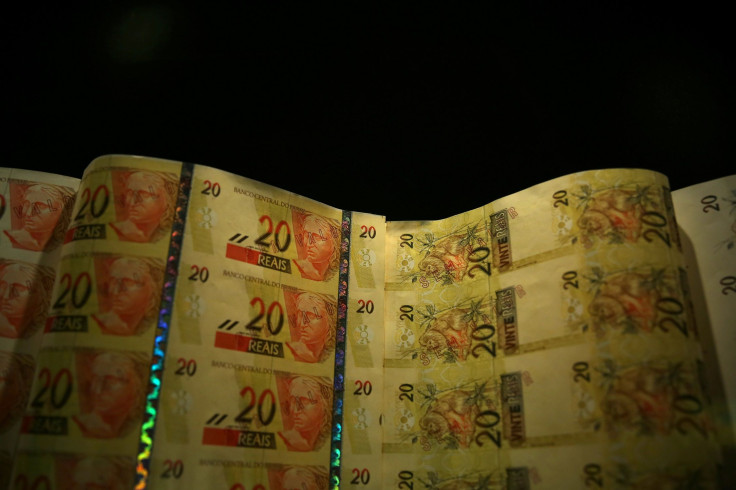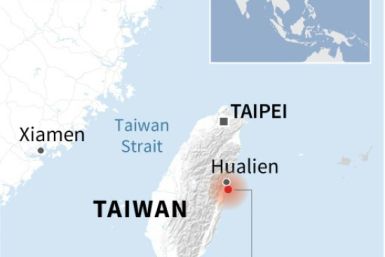Brazil is ready for ‘disruptive’ impact investing venture

In 2014, only a few delegates attended Brazil’s first “Forum de Finanças Sociais e Negócios de Impacto” or Forum of Social Finance and Entrepreneurship. There were so few that the attendees could be counted with one hand. In its third gathering, however, the participants came in the thousands, representing different sectors of the government, civil society and business community.
This fact mirrors the realisation that Brazil is changing the way the country sees social finance and investing. What used to be a system that’s regulated by the government is now an active sector that demands highly from private sectors as well.
Social finance and impact investing are seen as important factors to balance the social inequality of the country, address environmental concerns and preserve its natural resources, as well as encourage social progress.
Social impact development
Brazil has definitely come a long way since promoting social entrepreneurship in the country. First of all, this business platform is promoted where it matters first, and that’s education. Brazil now has 44 universities and 70 professors teaching social entrepreneurship and social finance, a far cry from four years ago when they weren’t offered yet in any institution.
The country also has 60 incubators and accelerators to test whether a social business would fly there. This includes financing support from organisations like Good Brazil.
The country also uses equity crowdfunding syndication to support a number of social entrepreneurs. Social impact and green bonds (business financing for projects that promote environmental protection and climate awareness) also abound and are promoted by groups like Sitawi and Inter-American Development Bank.
Brazil also has a rich culture of social impact ventures. To date, the country has more than 30 Brazilian family offices (brands of family enterprises), as well as venture capital groups and subsidised lenders that are highly invested of various social businesses, in gender-sensitive projects like for-women only taxi companies, blockchain-funded finance groups, and startups for education technology.
Brazil has also established the Brazilian Social Finance Task Force, which has already targeted 15 ventures to study or support by 2020. These include foundations and institutes that will allocate five percent of their annual investment budget to support social finance projects.
And then there’s the 2017 Presidential Decree “ENIMPACTO,” which was passed to promote and help flourish the social finance community, as well as mobilise the support of different ministries like BNDES, Economica, Banco do Brasil, Caixa, and CVM.
Because of all these efforts, the country is one of 17 nations that now have a National Advisory Board to the Global Steering Group for Impact Investing. This move aims to help educate investors regarding impact investing in the country.
The perfect impact investing opportunity
Although Brazil already has a solid impact investing platform, it would be good to know that some of its smaller foundations and startups can also find funding for their causes by tapping other means.
One viable option is a system that aims to “disrupt” the status quo and open windows to innovation and eventually, funding. Exponential, Inc., (XPO²), a cause-related technology marketing startup founded by French-American entrepreneur Dom Einhorn, offers such options.
Compared to other social impact investing platforms, and even some foundations who rely on donations to get funding, XPO2 has established a way for people to do crowdfunding by relying on a commercial platform which allows an individual to lend help in the simplest way he can.
Through XPO²’s crowdfunding and impact investing platform, foundations receive assistance. And via the XPO2 portal, causes and missions of partner foundations are presented to individuals visiting its site.
And by installing a special browser extension, anyone can already contribute to a cause or organisation that individual believes in. Here’s how it works: People can simply choose a foundation or cause to advocate, and if the person shops online in one of XPO²’s participating merchants, the extension tracks the transaction and gives a portion of the sale to one’s foundation of choice. This is called “ cashless contribution,” and it is revolutionising the way many organisations get funded and for people to contribute. People also have the option to contribute directly via XPO²’s crowdfunding website.
XPO² personally checks and vets charity groups and nonprofits — those who address social issues like animal welfare, gender equality, and world hunger — and then supports them by incorporating technology and commerce with charity work.
This is a great platform for a country like Brazil that’s heavily invested in social impact projects because the platform offers complete assistance from planning to running every campaign. The platform combines technology with strong marketing and a sound corporate social responsibility program that aims to address all aspects of impact investing.
Products mentioned above are not endorsed by IBTimes Australia. The article is based on press releases sent for consideration.






